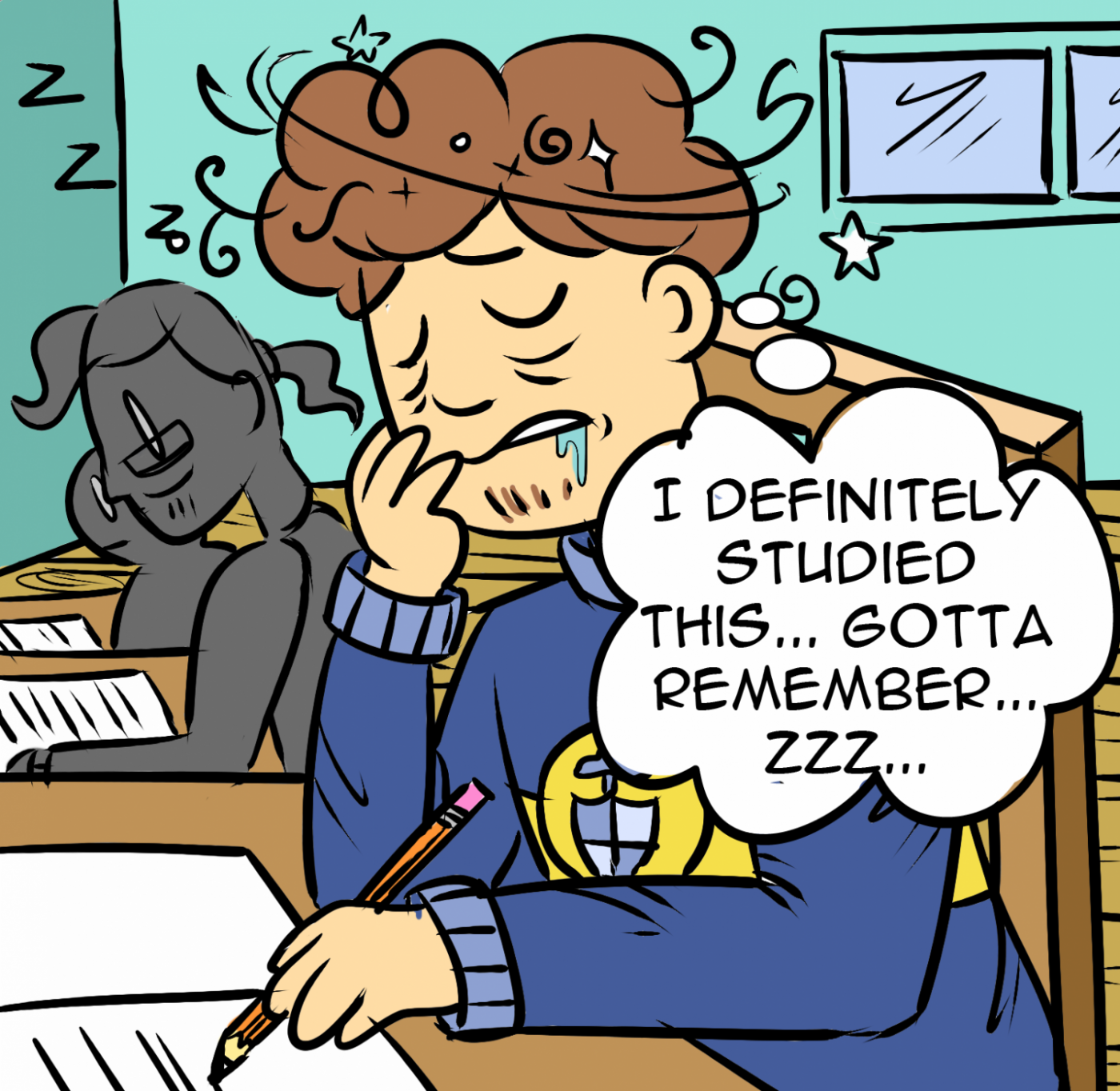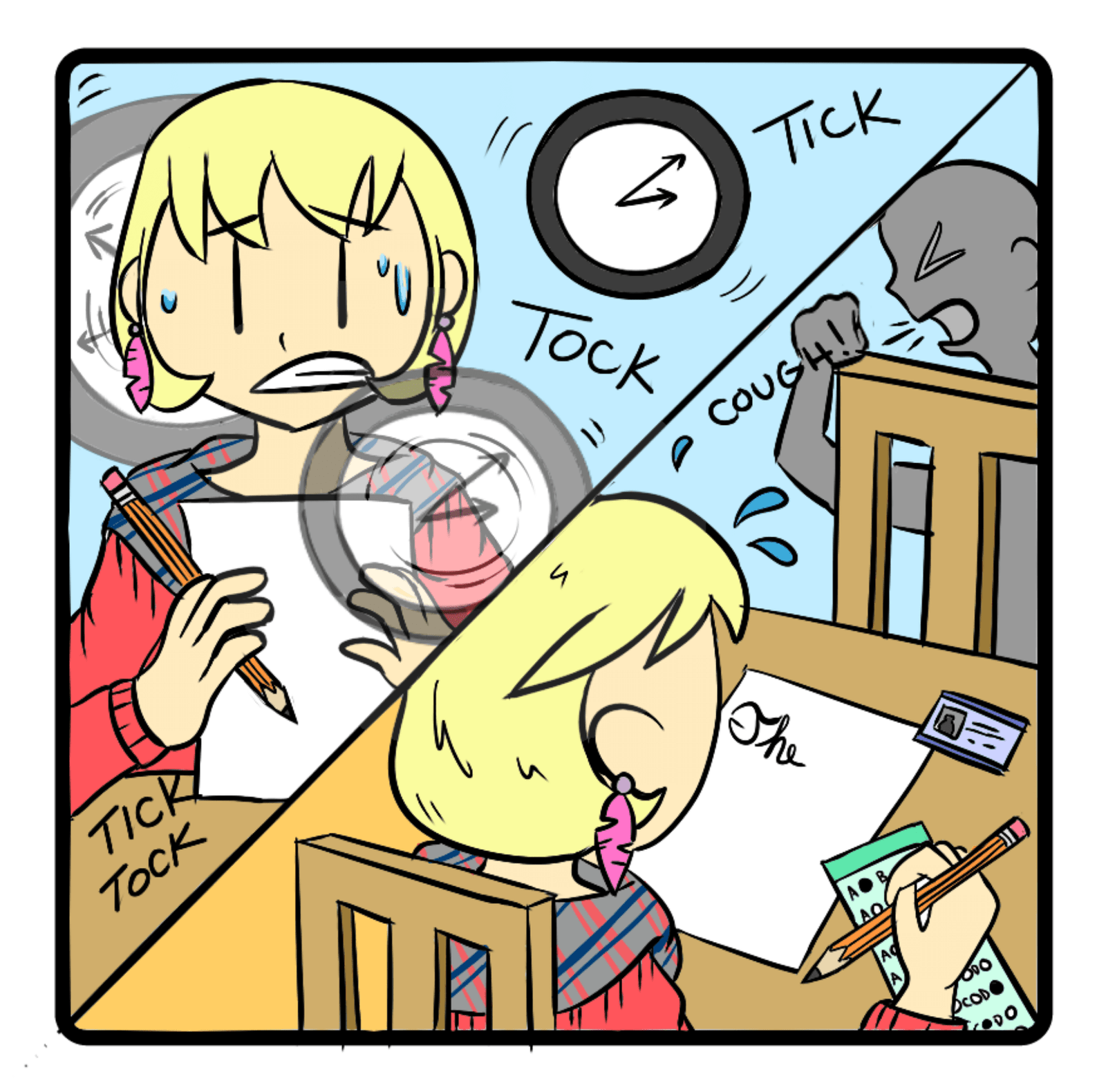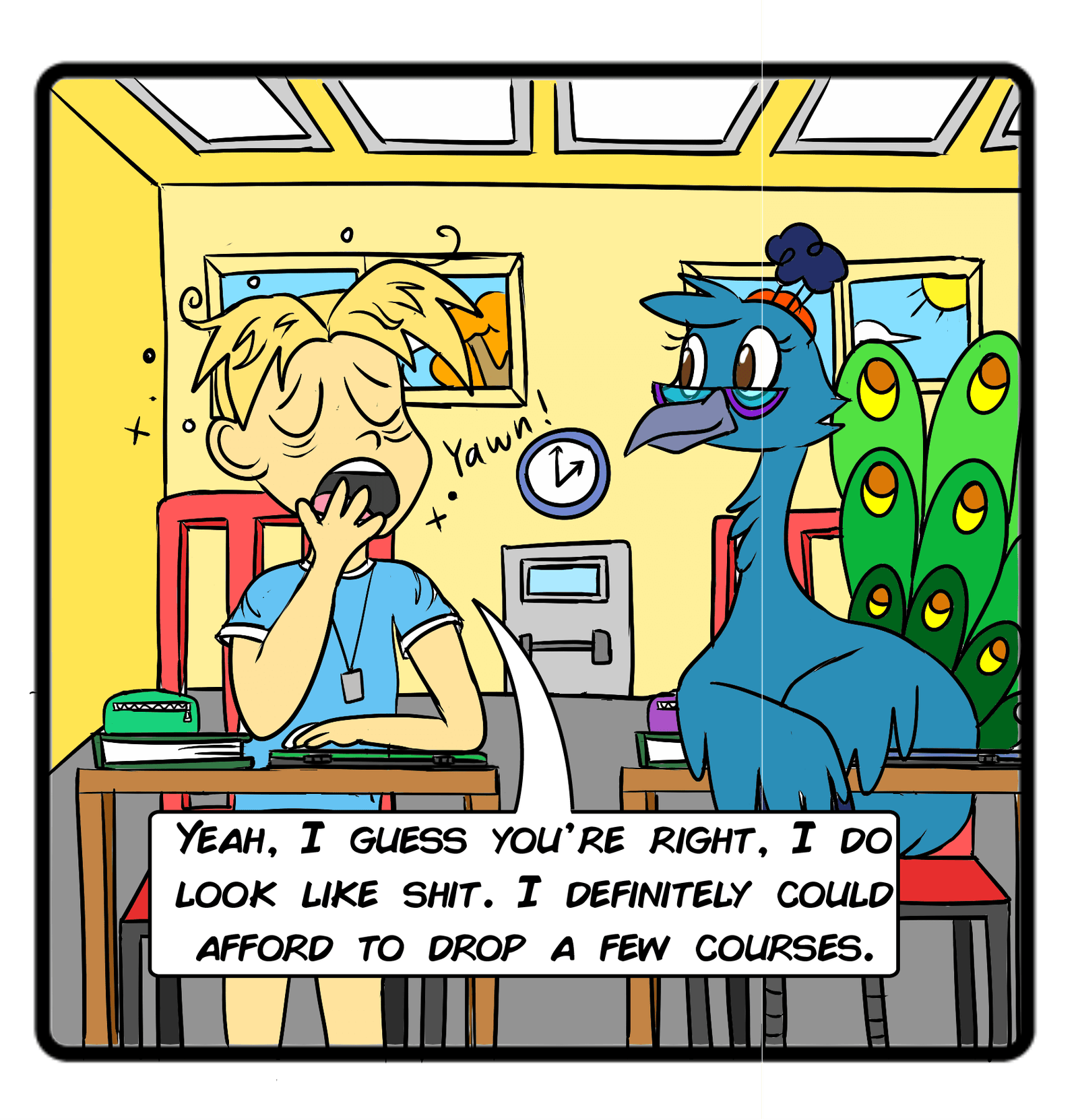by Lisa Pfau & Patricia Huang

It is easy to sell yourself short and think you aren’t smart enough, hard working enough, or overall good enough to receive a scholarship, but that is 100% not true. If you have an academic goal in mind and work hard towards it, it is highly likely that there are plenty of scholarships, grants, and bursaries out there suited to you. You just need to know what you want, be creative and resourceful looking for funds, and learn how to sell yourself well.
Figuring out what you want:
One of the hardest things about applying for scholarships, and in life, is deciding who you are and what you want. It’s unlikely that you will find a scholarship/grant/bursary that is suitable for you, if you don’t know what you are looking for in the first place. So, how do you figure this out?
The best place to start is with what they call your “signature skills“. Your signature skills are the things that you are naturally good at, that you feel accomplished, happy, and respected whenever you apply these skills. For example, even since I’ve been a young kid, I was a decent writer. I liked to imagine things, making up crazy stories, and learn new words. It was difficult at times, and my dad put my assignments through several arduous edits. I was a terrible speller and I hated reading. But, somehow, I knew I was good at and I enjoyed it, especially when I did things like write articles for the local newspaper. People would compliment me on my humor and prose. It made me feel good. Of course, at the time, I didn’t really think I could make a career out of writing, but here I am. So, what kinds of skills do you have that you have always done pretty well, even when you were a young child? What do you people often compliment you about? Those are probably your signature skills.
Knowing your signature skills, can help you to think critically about what you want in life. What do you want to study at school? What do you think would be an interesting job? For example, being the genius that I am (*cough*), I received a scholarship for Engineering in Undergrad that was larger than any of my other scholarships, but I wasn’t interested in Engineering. I was interested in Politics, so I went into an Arts degree. In the beginning I didn’t get as larger a scholarship, as I would have if I’d enrolled in Engineering. But, in the end, I received several scholarships throughout my Undergrad, Graduate, and post-Grad years because I followed my interests and skills set, and developed those skills over time. It’s highly likely that had I enrolled in Engineering I wouldn’t have done that well, and I would’ve lost my scholarship after the first year, and just be miserable, penniless, and beating myself up. Knowing what you are good at and what you enjoy, can help you to choose a path that exemplifies those skills and passions. Then, you can start to look for scholarships related to your own specific gifts and goals, and be more likely to receive them as you continue to build up your qualifications and experiences.
Finding the right scholarship/grant for you:
As I mentioned in the previous paragraph, it is important to know what you are looking for in a scholarship. There are gazillions of scholarships out there, once you start looking, so don’t waste your time applying for all of them. Instead, focus on the ones that you think are best suited to your own unique skills set and long-term goals.
For example, I studied Chinese Politics in Undergrad long before it was cool to be interested in China. In fact, most people thought I was crazy…but now, who’s laughing?! Anyway, I knew that I wanted to go to China, and hopefully learn Chinese, so I asked my Chinese Professors for advice. She was and still is an excellent networker, and she let me know about several scholarship programs through the Chinese government, Taiwanese government, Canadian government, and even a special program with a grant for teaching English in China. This process would be a lot easier today with Google because I could do a quick search of “Chinese Language Scholarships for Canadians” and find a bunch of these links. However, it is also extremely useful to have a mentor to point you to opportunities because they can also give you advice on what the scholarship committees might be looking for. Since it was still a bit unusual for a Ukranian-Canadian from rural Alberta to want to go to China to study Chinese, and I had passionately pursued a degree in Chinese Politics and History, when I applied for all of these scholarships, I got EVERY one of them, and had to chose where I wanted to go. Knowing your own special niche and searching for specific opportunities in that area, no matter how crazy everyone else thinks you are, can really pay off because you are putting your energy into applications that are best suited for your long-term goals, and can really highlights your own unique skills set.
Fine-tuning your personal sales pitch:
Once you know what you want and you’ve found it, the last important step is knowing how to sell yourself so that the selection committee believes they are giving the scholarship to the best person. Instead of thinking about all the ways in which you are going to impress them with a long list of high grades and extra-curricular activities, try to think about the selection process from their perspective. They will be sifting through piles of applications and reading about all kinds of people with lots of accomplishments. So, how can you make yourself stand out?
Well, in my case, I used my strength in writing and added some creativity to my application. I wanted to tell a story about myself. Now, this doesn’t mean that I made up any information or embellished reality. But, it does mean that I thought about what parts of my own academic and professional life would help me to succeed in a Chinese Language program, and how I could present those qualities in a manner that was interesting and relatable to the audience. Thus, I started with a quote from a famous Chinese story, and used that story as a basis to explain why I wanted to study in China, in what ways I was prepared, and how I was going to use my new language skills to achieve my long-term goals. By using this quote and story, I was able to show indirectly that I had an in-depth knowledge of China, and a passion for its history and culture. It also helped me to stay on track and focus only on the skills that were related to the application criteria. In the end, it seemed to work. Therefore, I recommend taking a risk and being a little creative in your next scholarship application. After all, what do you have to lose? They’re the ones giving you free money!
Scholarships can be intimidating. You may feel that you aren’t smart enough or hard working enough to qualify. But, I guarantee that if you are passionate and dedicated to something, there is someone out there willing to give you money to pursue your dreams, so give it a shot! Start thinking about what you want, where you can find it, and how to tell the best story about yourself. If you need some help getting started on this journey, please reach out to us for a free 30 minute consultation and find out what PFAU can do to help you to reach your full potential on the page, and in life.
All content in this post is created by Lisa Pfau and Patricia Huang. Feel free to share it widely; however, please do not replicate any of the text or graphics without our prior permission. Doing so is violating copyright law. Thank you for respecting our intellectual property rights.















